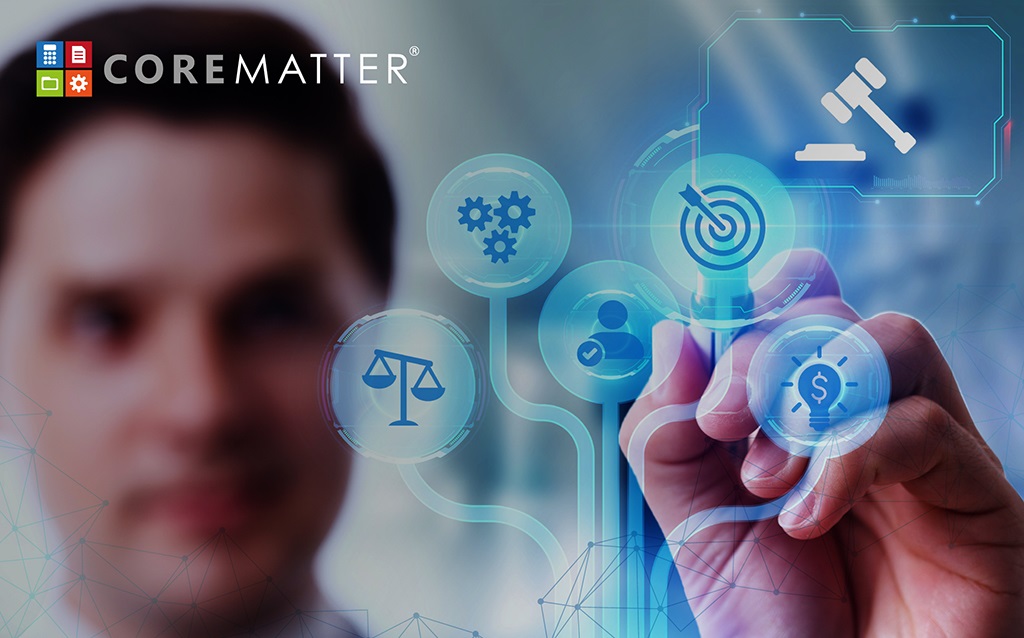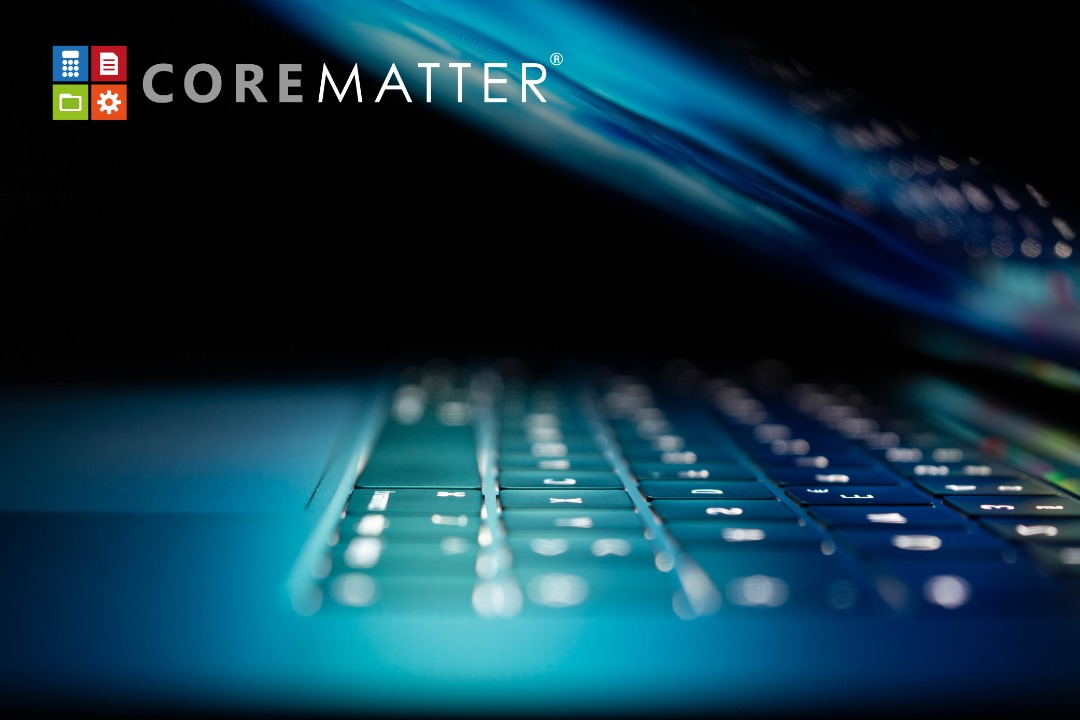
Being Online Helped the Malaysian Judiciary: How Legal Technologies Can Assist Judges and Lawyers In Lockdown and Beyond
In Malaysia, lawyers and their clients have not physically attended court hearings since the lockdown in March 2020.
On March 16, Prime Minister Tan Sri Muhyiddin Yassin imposed the Movement Control Order (MCO) under the Control of the Spread of Infectious Diseases Act 1988 and the Police Act 1967, from March 18 to 31. It was the beginning of a series of lockdowns in 2020. Under the MCO, only essential services were allowed to operate. In contrast, the authorities did not list the judiciary as a critical service; hence the courts could not function as it usually did.
That month, the Malaysian judiciary hastened its initial plans to digitalize court processes. At the same, the lawyers adopted digital innovations with equal measure and speed. Chief Justice Tun Tengku Maimun Tuan Mat said, “For the Judiciary, there is a ring of truth in the phrase ‘adversity breeds innovation.’ I would say that we have achieved more in one year than we have in the past decade if we compare the time taken to roll out our initial e-Court reforms”.
The Case for Going Paperless
Digitalization has always been the priority for the judiciary system, but the pandemic emphasized this further. Malaysian courts have maintained e-Filing or online filing of court documents for about five years now and e-Review or online case management system in major court complexes since 2018. “The target now is for all courts nationwide to be equipped with the e-Courts platform by February 2021,” said Tengku Maimun.
The judiciary also runs the e-Appellate system for appeals heard by the Court of Appeal and Federal Court sitting in Sabah and Sarawak. These court hearings are on an entirely paperless basis. Its success led to the Palace of Justice in Putrajaya adopting the same system. “The e-Appellate mechanism has attracted rave reviews. In the past, lawyers would refer to their bundles of documents and then wait for the judges to catch their reference point. Now, both judges and counsel share a common screen with their documents ready and prepared beforehand. During the hearing, the lawyers — usually through their junior counsel — navigate the screen and refer judges directly to the passage in question. It saves both time and paper and ensures that everyone in the Court is literally on the same page at all times,” Tengku Maimun added.
Following in December 2020, the Malaysian judiciary introduced another paperless system for hearing civil and criminal appeals at the High Court of Malaya through the e-Bicara system. With e-Bicara, all copies of documents that the parties want to refer to the court are soft copies displayed on a LED television screen using a wireless presenter. According to the Federal Court’s Chief Registrar’s Office, there are plans to implement the system in stages in the Malayan High Courts and the lower Malayan courts.
The results of digitization and online hearings have been extraordinary.
- High Courts nationwide disposed 5,663 of 7,544 cases heard online or a disposal rate of about 75 percent.
- Court of Appeal disposed about 43 percent, or 484 out of 1,122 appeals fixed for online hearings.
- Federal Court disposed 48 percent or 164 of 345 civil, and criminal cases (including appeals and motions for leave) heard online.
- Magistrate Courts and Sessions Courts nationwide, a disposal rate of 44 percent was achieved, with 5,659 of 12,733 cases heard online dispose
“Indeed, the initial phase of change and shift was not easy; many equate conducting cases with hearings in ‘open court’ with the judge, counsel and all parties being physically present in the courtroom. However, upon deeper reflection and upon ‘giving the process a shot’, we were eventually met with positive feedback,” said Tengku Maimun.
How are Lawyers Keeping Up with the Malaysian Judiciary?
Being in-sync with the Malaysian judiciary helps law firms keep up and survive the challenges of operating in the pandemic. With regards to lawyers’ reaction on the remote hearing systems, Malaysian Bar secretary AG Kalidas said, “There are still mixed reactions from lawyers. During the CMCO we have no choice. I suppose we have to adapt because the courts are closed to stop exposure to the Covid 19 virus”.
On a plus note, some lawyers are beginning to see how legal technology can help save time and money. “Clients in civil cases can assess our performance based on questions posed by judges and rebuttals based on points raised by opposing counsel. Much time and money and other resources could be saved through online hearings because less time was wasted with a scheduled hearing, which eliminated problems with travelling and staying in hotels.” says lawyer Ravi Nekoo. “Remote hearing is a breeze as long as the Internet connection is stable. We can also go paperless as only soft copies of court documents are displayed on the computer screen.” he added.
Responding to Change
For lawyers and law firms, it used to be that having a website was the bare minimum for technological innovation. Today, using other digital innovations to keep up with the Malaysian judiciary is now a must. Legal technology often encompasses matter and case management, accounting, billing, document automation, document storage, electronic delivery, practice management, and more. Sometimes it can be expensive. Other times, it can be as affordable and easy as CoreMatter’s proprietary mobile application. “Now, I can respond to urgent matters while I am between meetings and court sessions, so I am always up to date. I work faster and more productively,” says Clement Lopez of Lopez and Partners, a CoreMatter customer.
Advances in technology such as CoreMatter’s cloud storage have allowed law firms to transition from storing physical documents to electronic files – which offer advantages such as ease of access and sharing of files, enhanced collaboration, and data safety when documents are kept digitally in a secure cloud-based location.
When the lockdown happened, many law firms were forced to reassess their approach because now their teams were cut off from offices – where the physical documents are kept. “When the restrictions were lifted later in the year, we started transitioning our physical documents to a secure cloud storage. Integrating into onto an app like CoreMatter allowed us to operate our law firm without being in the office. It has transformed the way work and helped us survive and keep our staff safe. We shrugged it off before, but now we’ve suddenly realized its potential”, said the young lawyer who preferred to remain anonymous.
A Tool To Keep Up With the Times
CoreMatter is the cloud legal practice management, accounting, and billing system that will help your law firm to succeed during the lockdown and beyond. At a fee of only USD29.99 per user/ month, it comes with other useful features like multiple timers, departmental accounting, and cloud access. All you need to do is to sign up and download the app.
If you schedule a demonstration now, you will receive one (1) month of usage free upon the service activation. Just click on https://corematter.biz/signup/ to sign up.


